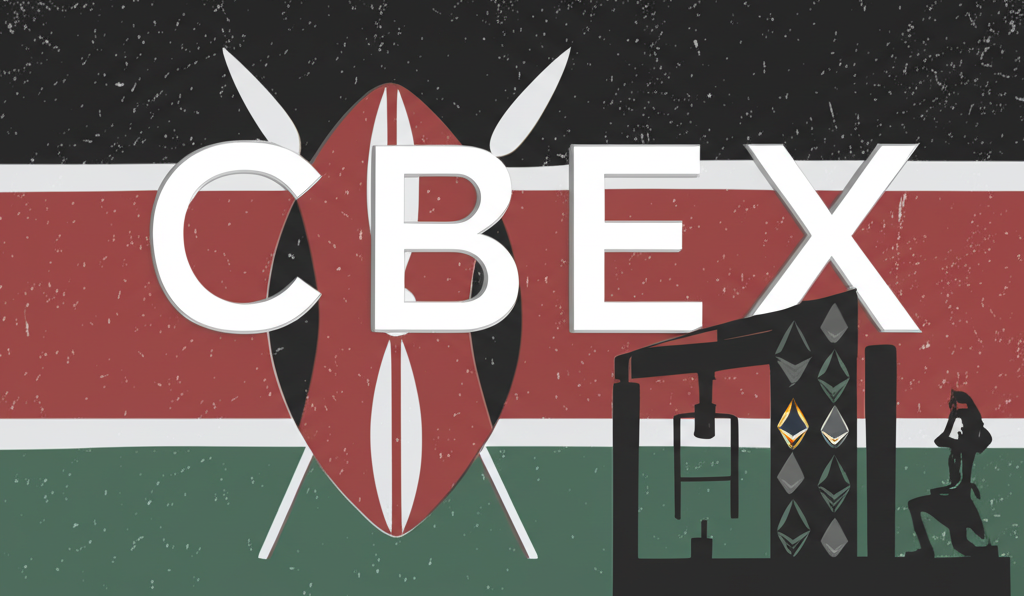Finance Bill 2025: What Every Kenyan Needs to Know – Taxes, Prices & Survival Tips
The Finance Bill 2025 is here, and it's poised to significantly impact the financial landscape for every Kenyan. From taxes and prices to the overall cost of living, understanding the implications of this bill is crucial for navigating the coming year. This article breaks down the key aspects of the Finance Bill 2025, offering insights into the changes, potential effects, and practical advice for managing your finances.
A Shift in Approach: What's Different This Time?
Unlike previous iterations, the Finance Bill 2025 signals a shift in the government's approach to fiscal policy [2]. Following widespread protests and public outcry over tax increases, the bill appears to avoid direct tax hikes, a move that distinguishes it from recent fiscal strategies [2]. This change reflects a response to the economic pressures faced by Kenyans and a strategic effort to address public sentiment [2].
Key Objectives of the Finance Bill 2025
The primary goals outlined in the proposed Finance Bill 2025 align with the government's broader objectives for the fiscal year 2025/2026 [4]. These include:
- Economic and Social Rights: The bill acknowledges the constitutional rights of Kenyans to healthcare, housing, water, sanitation, education, adequate food, and social security [1].
- Public Finance Principles: The bill adheres to the principles of public finance, emphasizing the importance of transparency and accountability in the management of public resources [1].
- Prices of Goods and Services: Changes in taxation or other fiscal measures can indirectly influence the prices of essential goods and services. Businesses may adjust their pricing strategies to accommodate any new financial obligations, potentially affecting consumer spending [3].
- Cost of Living: The overall cost of living, encompassing housing, food, transportation, and other necessities, could be impacted by the bill's provisions [3].
- Economic Growth: The bill's impact on economic growth will depend on its ability to balance revenue generation with the need to stimulate economic activity and investment [3].
- Budgeting and Financial Planning: Review and adjust your budget to accommodate potential changes in expenses. Prioritize essential spending and identify areas where you can cut back [3].
- Monitor Market Trends: Stay informed about price fluctuations in essential goods and services. This will help you make informed purchasing decisions and adjust your spending accordingly [3].
- Explore Alternative Income Streams: Consider diversifying your income sources to mitigate the impact of economic uncertainties. This could involve starting a side hustle or investing in income-generating assets [3].
- Seek Financial Advice: Consult with a financial advisor to gain personalized guidance on managing your finances and making informed investment decisions [3].
The Fiscal Targets: What to Expect
The government aims to raise between 25 billion and 30 billion shillings through the Finance Bill 2025 [5]. While the specific mechanisms for achieving these targets are not yet fully detailed, the focus appears to be on alternative revenue-generating strategies rather than direct tax increases [5].
Potential Impacts on Kenyans: A Closer Look
While the bill aims to avoid tax increases, it's essential to understand the potential ripple effects on the Kenyan economy and, consequently, on individual finances.
Possible Areas of Impact:
Survival Tips: Navigating the Financial Landscape
Understanding the potential changes is the first step toward financial preparedness. Here are some practical tips for navigating the financial landscape in the wake of the Finance Bill 2025:
The Path Forward: Remaining Informed and Engaged
The Finance Bill 2025 represents a critical juncture for Kenya's economic future. As the bill moves through the legislative process, it's essential to stay informed about the specific proposals and their potential impacts. Engage in public discourse, follow updates from reliable sources, and actively participate in shaping the economic landscape [3].
By understanding the key aspects of the Finance Bill 2025 and adopting proactive financial strategies, Kenyans can navigate the coming year with greater confidence and resilience.
References
1. The Fiscal Budget for The Financial Year 2025-2026. (n.d.). www.treasury.go.ke. Retrieved from [https://www.treasury.go.ke/wp-content/uploads/2024/12/THE-FISCAL-BUDGET-FOR-THE-FINANCIAL-YEAR-2025-2026.pdf](https://www.treasury.go.ke/wp-content/uploads/2024/12/THE-FISCAL-BUDGET-FOR-THE-FINANCIAL-YEAR-2025-2026.pdf) 2. Key Changes in Finance Bill 2025 & Why It Is Different. (n.d.). www.money254.co.ke. Retrieved from [https://www.money254.co.ke/post/key-changes-in-finance-bill-2025-why-it-is-different](https://www.money254.co.ke/post/key-changes-in-finance-bill-2025-why-it-is-different) 3. Mijungu, B. (n.d.). Finance Bill 2025: A Turning Point for Tax Policy in Kenya. www.tuko.co.ke. Retrieved from [https://www.tuko.co.ke/editorial/opinion/588294-unpacking-finance-bill-2025-a-turning-point-tax-policy-kenya/](https://www.tuko.co.ke/editorial/opinion/588294-unpacking-finance-bill-2025-a-turning-point-tax-policy-kenya/) 4. Kenyans who must read Finance Bill 2025 before it is passed | Pulselive ... (n.d.). www.pulselive.co.ke. Retrieved from [https://www.pulselive.co.ke/articles/business/domestic/special-groups-of-kenyans-who-need-to-read-finance-bill-2025-2025043011560050948](https://www.pulselive.co.ke/articles/business/domestic/special-groups-of-kenyans-who-need-to-read-finance-bill-2025-2025043011560050948) 5. Kenya Slashes 2025 Finance Bill Target to 25b-30b Shillings - Bloomberg Tax. (n.d.). news.bloombergtax.com. Retrieved from [https://news.bloombergtax.com/daily-tax-report-international/kenya-slashes-2025-finance-bill-target-to-25b-30b-shillings](https://news.bloombergtax.com/daily-tax-report-international/kenya-slashes-2025-finance-bill-target-to-25b-30b-shillings)



